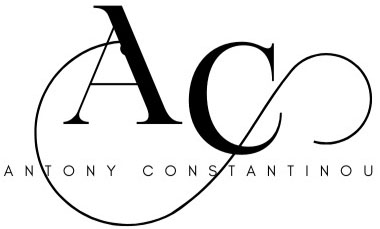Commitment
As a counselling supervisor, my professional standing is underscored by my registration with the British Association for Counselling and Psychotherapy (BACP) and my accreditation with the National Counselling and Psychotherapy Society (NCPS). These affiliations reflect my commitment to ethical practice and dedication to supporting fellow mental health professionals.
I have had the privilege of working with psychotherapists, counsellors, coaches, and other mental health professionals eager to deepen their practice and enhance their skills. My extensive training and experience, which span private practice, the NHS, Employee Assistance Programs, counselling agencies, and the voluntary sector, enrich my approach to supervision.
In our supervision sessions, I invite you to explore your work through a relational psychodynamic lens. This approach not only embraces the rich tapestry of human experience but also focuses on the relational dynamics at play in therapeutic interactions. By understanding these unconscious dynamics, we can foster a deeper connection and more impactful practice. Our sessions are a safe and trusted space where we will delve into these layers, enhancing your ability to engage with clients in a meaningful and transformative way.
